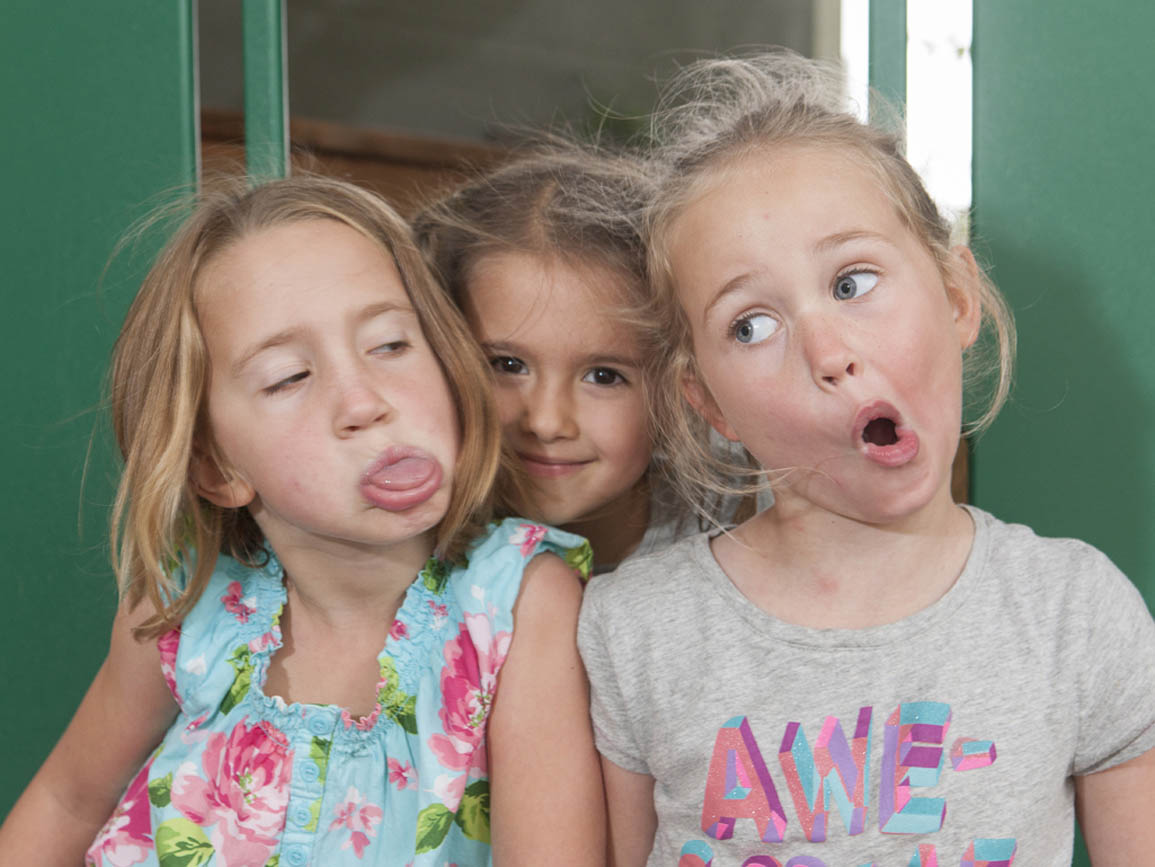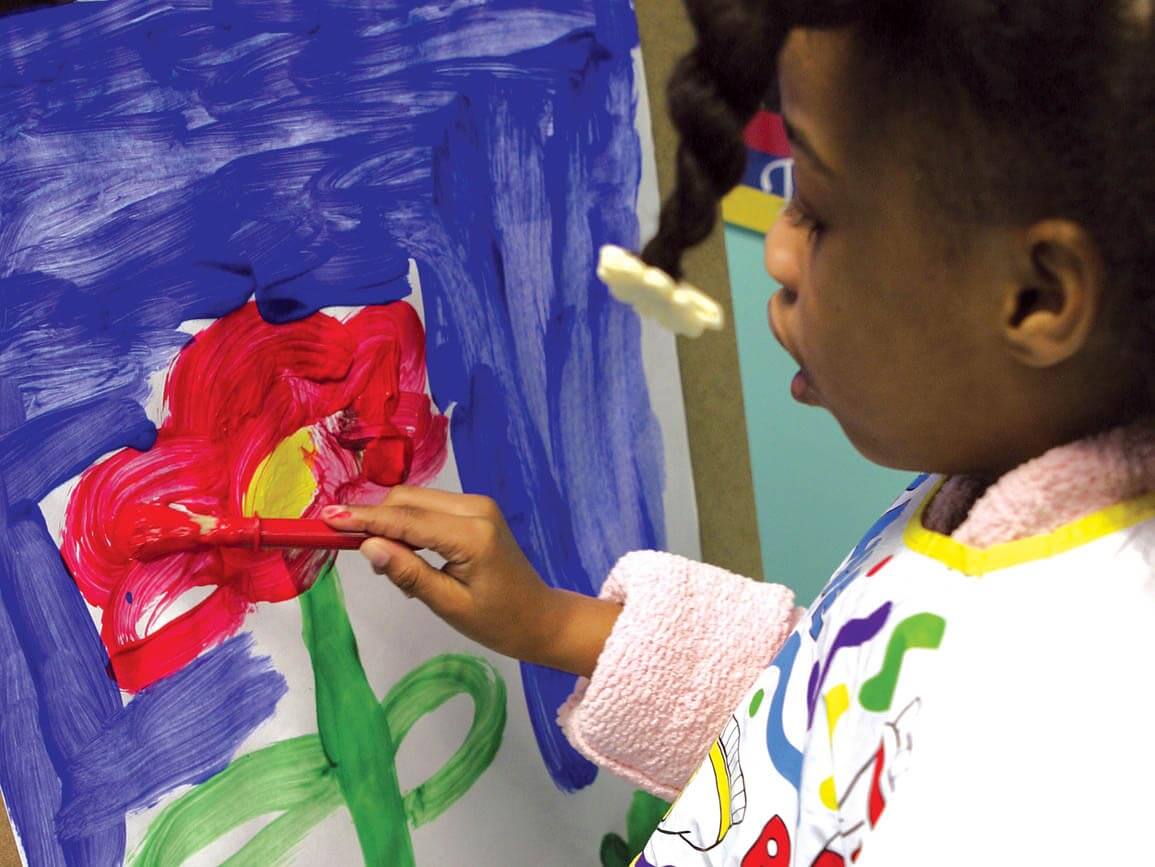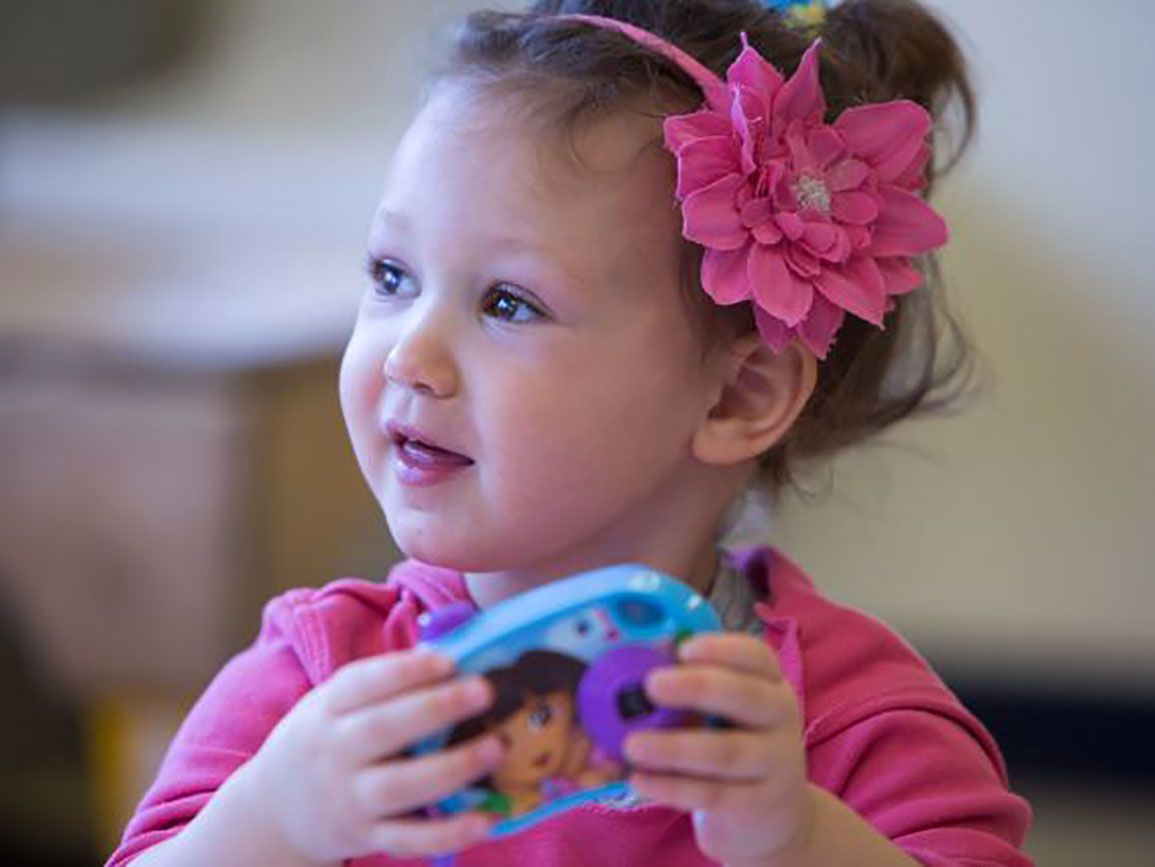Written by: Kelly Clark and Dr. Richard Joseph Behun, Marywood University
When it is getting crisp outside and leaves are changing, they can only mean one thing: another school year is in full swing! As a child, I loved the first few weeks of school. A new school year meant new clothes, reuniting with old friends, and the start of extra-curricular activities. But after a few weeks, the honey moon was over and I quickly felt anxious about the first assignments, homework and tests. A new school year means a new teacher, a new group of classmates, new things to learn, and new projects. These things will eventually become part of a regular routine but, at first, they can also provoke a ton of anxiety.
The pattern of excitement and then anxiety, about school, has personally followed me through college. I still feel nervous after the first few weeks of classes as the realization that projects and papers will soon be due. I think most of us can relate to feeling anxious about projects and deadlines possibly in our jobs or whether some of us are still students ourselves. Nevertheless, going back to school and establishing a new routine can certainly make children nervous at any grade level from preschool to graduate school. Being back in the classroom can certainly create some “back to school blues."
Possibly the best way to find out about a child’s nervousness, for the new school year, is to encourage open communication about school. Communication, as defined by the New Mexico State University Family Times, is the sharing of ideas, thoughts, and feelings. Sharing feelings cannot be done properly without keeping open lines of communication. As Dr. Peter Szatmari wrote in an edition of The Globe and Mail, open communication is perhaps one of the most important jobs of parents and needs to be maintained no matter the obstacle set in place. Dr. Szatmari says that open communication is very important because it promotes healthy relationships which, in turn, supports mental health and stability in children. Therefore, for parents to find out about their child’s fears about school, whether it be a new teacher or new material, it is important to communicate through open conversations. Talking to children about school will not only let them know that you are willing to listen if they are afraid, but it will also encourage them to open up.
Parents can also help children transition more happily by remaining calm and positive during conversations about the school year. It is not suggested that parents directly ask if a child feels nervous. Additionally, it is also not suggested that parents disclose that they are anxious for the child. Children learn what they see and hear from their parents. According to Social Learning Theory, proposed by Albert Bandura, children learn from models in their environment. Children watch and observe the behaviors of their models, or parents, and learn what is acceptable and unacceptable. If parents show a lot of anxiety over transition and new experiences a child could also start to experience anxiety or apprehension about the simplest transitions. Remaining calm and positive about the school year will encourage children to do the same. Parents can further increase positivity and happiness for their children, throughout the school year, by creating pleasant morning routines. Licensed clinical social worker and psychotherapist, Linda Esposito, suggest that parents take a few minutes in the morning for their own personal meditation or self-reflection. Even a quiet cup of coffee is suggested if it helps ease stress of the parents. Esposito states that a less stressed parent makes for a better adjusted child.
Conversations are a great way for parents to learn of their child’s stress and create positive attitudes by modeling such moods. But conversations are also a great way to assure children their stress is normal and that other people feel the same way. Children who are exceptionally nervous about school often experience more worry because they feel they are odd or abnormal for having such fears. Parents can make sure that children feel comfortable by assuring them that they are not alone and that other children feel the same way. If a child is anxious about a specific problem, such as homework or no longer being in class with certain friends, parents can help children by creating a plan to solve the particular stress inducing problem. If a child is nervous about homework parents can create a quiet special place just for doing homework. Or even agree to help the child with his or her assignments. If a child is concerned about not seeing a friend as much because he or she is no longer in the same classroom, parents can set up a play date with that particular friend. Creating possible solutions to problems can ease tension and fear of the unknown.
Preparing for obstacles before they occur will really help your child feel more in control and ease tension about the unknown. Katherine Lee, a writer for about parenting, has a few suggestions to help kids with school transitions. Lee suggests that parents organize, prepare for new routines, practice healthy habits, and focus on the great qualities of school. Here are some ways to apply her tips.
- Organization. Parents can organize by packing school lunches and back packs with necessary items the night before. Creating a space just for storing backpack and lunch boxes will keep items from getting lost and will keep the morning running smoothly.
- Prepare for new routines. Parents should help children establish a proper school sleep cycle. A child could also help by creating a schedule for morning and afternoon activities.
- Practice healthy habits. Parents, along with establishing new routines, can help children feel their best for school by making sure they have enough time for sleep and are eating balanced diets. Lee suggests a protein-carbohydrate balance breakfast to keep kids brains sharp and focused.
- Focus on the great qualities of school. As parents, you can help your child get excited for school by reminding them of the things he or she loves about school. If there is a class your child loves such as music, physical education, or art, remind them that they enjoy those activities at school. If a child loves to socialize talk about all the new friends he or she is making in class and all of the old ones he or she will see again. This may also be a great way to start conversations about school and create open conversations.
As a parent, it can be upsetting to think that your child could be nervous or anxious about school, even though being nervous about transitions is normal. Easing tensions can be done by creating open conversations, modeling positive attitudes, assuring children their feelings are normal, and relieving potential problems before they start. Open conversations will let your child know you are interested in hearing about his or her concerns which will help you decide how to best help him or her. Although it may be easier said than done, try to remember that the new schedule and assignments will only remain new for a short period of time and the anxiety caused from a transition into a new activities will not last forever. We hope this article will help you and your child start a new school year off in a positive way.
If you or someone you know would benefit from learning effective communication skills, please contact the Marywood University Psychological Services Center at 570-348-6269 or go to http://www.marywood.edu/psc/ to learn more about our services. To learn more about communication with children, please feel free to contact the author of this article, Dr. Richard Joseph Behun, at behun@marywood.edu. Dr. Behun is an Assistant Professor in the Department of Psychology and Counseling at Marywood University.
For more information, please see the links to the references below:
Lee, K. (2015). Tips to Ease Back to School Anxiety.
McLeod, S. (2011). Albert Bandura | Social Learning Theory | Simply Psychology.
New Mexico State University. (n.d.). Communication is the key to healthy family relationships. Family Times
Szatmari, P. (2014, February 4). How to nurture the single most important part of your child's well-being: Their mental health.
Wallace, K. (2015, August 24). Back to school: What kids are most anxious about is... - CNN.com





